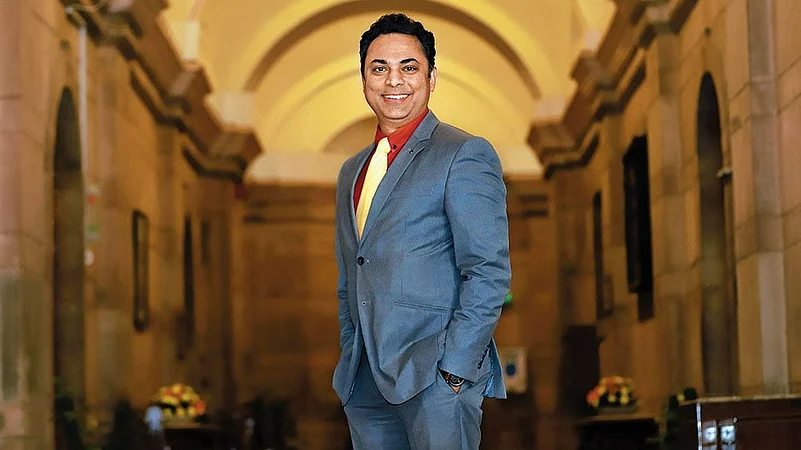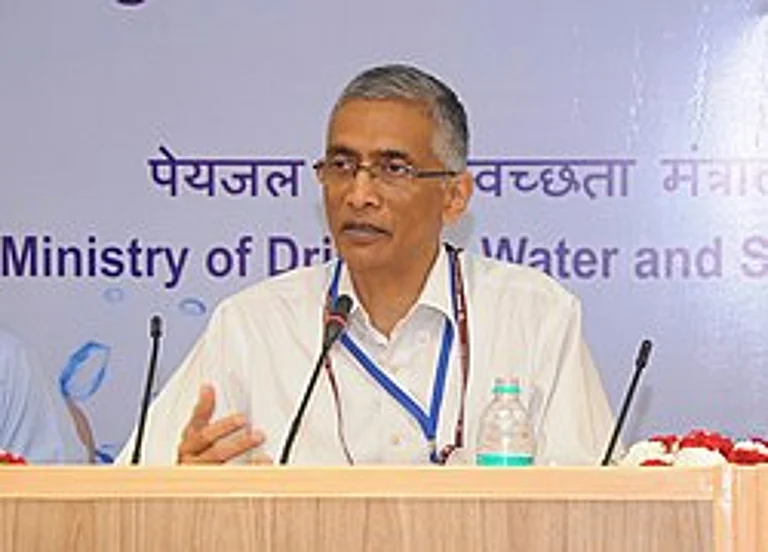Public sector lender Union Bank of India spent an estimated Rs 7.25 crore to buy around 200,000 copies of a book authored by former Chief Economic Adviser (CEA) Krishnamurthy V Subramanian, reported The Economic Times. The eye-popping number of copies was reportedly purchased to distribute among "customers/local schools/colleges/library, etc."
The report said that the bank’s central office ordered 189,450 paperback and 10,422 hardcover copies of Subramanian's 'India@100: Envisioning Tomorrow’s Economic Powerhouse' book priced at Rs 350 and Rs 597, respectively.
This came after Subramanian's early exit as India’s executive director at the International Monetary Fund (IMF) last week, after the Indian government ended his position prematurely. His three-year term at the IMF was supposed to conclude in October this year. Reports around his exit have cited alleged improprieties around the promotion of his book as one of the reasons.
According to two inter-office letters issued in June and July 2024 and assessed by ET, just ahead of the book's publication in August, the bank's support services department at its central office wrote to its 18 zonal heads, telling them that the procurement and pan-India distribution of this book was a decision made by the "top management." The zonal offices were further instructed to distribute the copies to the regional offices under them.
The report pointed out that in India, selling 10,000 copies of English books qualifies it as a bestseller. Hence, purchasing over 200,00 copies was unusual.
The bank made 50% of the payment to Rupa Publications before the book's publication. The remaining amount was supposed to be covered through its miscellaneous revenue budget.
Earlier, Subramanian's exit from the IMF was speculated due to his criticism of the IMF datasets published in the book launched on August 1, 2024. However, the recent developments pointed out that many other misconducts might have taken place in the marketing of the book. Moreover, Business Standard today reported that the IMF distanced itself from his termination and clarified that the decision was made solely by the Indian government.





























